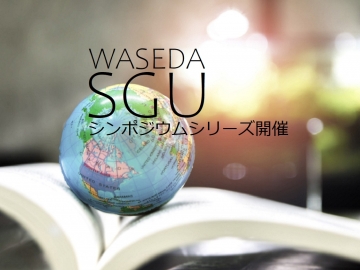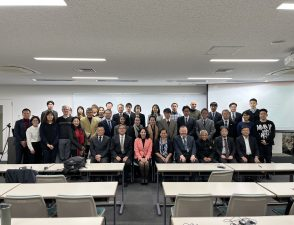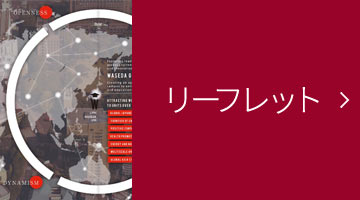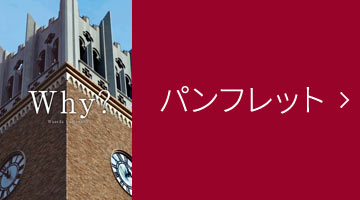日時
2018年1月15日(月) 18:15~19:45
会場
早稲田キャンパス14号館9階960号室
講演者
Lee, Seung-Min (Ph.d student at Waseda University (Graduate School of Political Science))
Research interests include diaspora, politics of membership, nationalism, migration, comparative history
セミナー内容
This study comparatively examines how Japan and Korea have perceived each of their ‘overseas brethren (dōhō/dongpo)’ residing outside the homeland who migrated during the prewar/colonial period and postwar period, and how each of their overseas brethren has been positioned vis-à-vis their homeland Japan and Korea at each of the important historical junctures such as nation (re)building period and economic growth period. While both Japan and Korea share a common feature as ethnic nations undergirded by strong ethnonational identity, the imagining of the boundary of nation shows significant difference when examining the relationship between the homeland and their overseas population. In the case of Korea, the boundary of nation is often imagined beyond the Korean peninsula, embracing the expatriate communities and groups within the boundary of broader Korean national community as an integral part of the nation, which is expressed through the legal and official language as ‘Jaeoe dongpo (overseas brethren)’. In the case of Japan, however, such a broad imagination did not take root. Taking this difference in ‘national belonging’ as a starting point of the inquiry, this study attempts to trace back the historical development of the relationship between the homeland and the expatriates in Japan and Korea respectively, and examine how such relationship has been formed and transformed and reflected at each important historical junctures by the homeland state, in order to understand the different manifestation of ethnic conception of nationhood in the most ethnically defined nation-states.
コーディネーター
梅森直之(早稲田大学政治経済術院教授)、マニュエル・ヤン(ORIS次席研究員)
言語
英語
対象
学生・教職員・一般
参加費
無料









